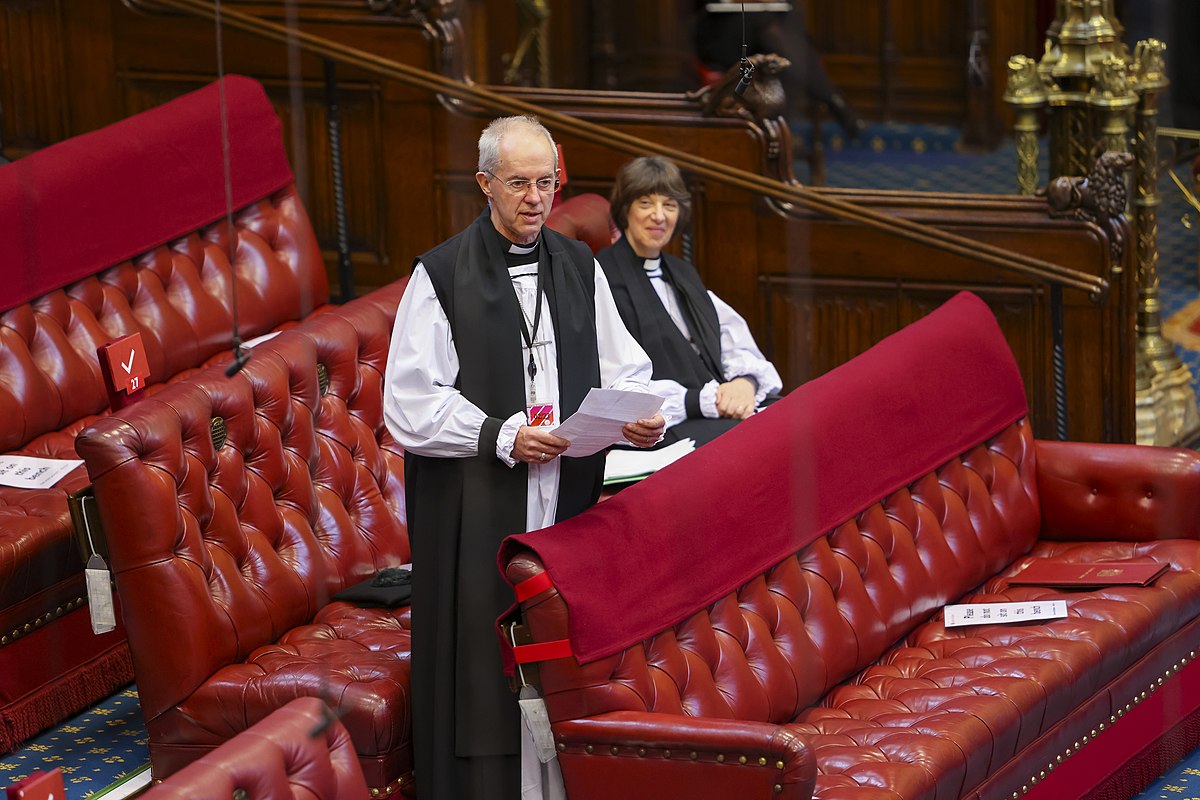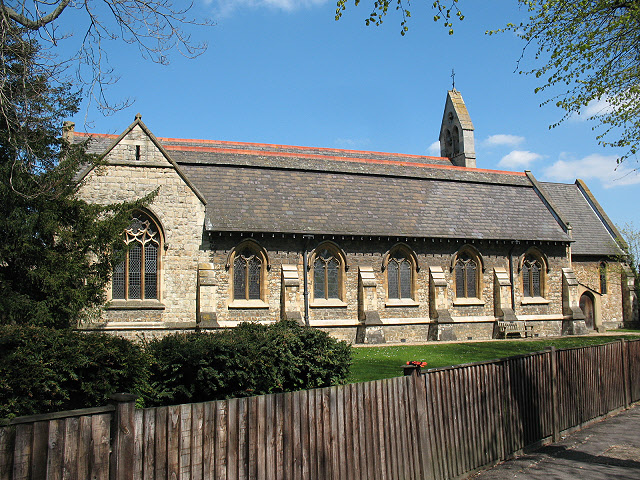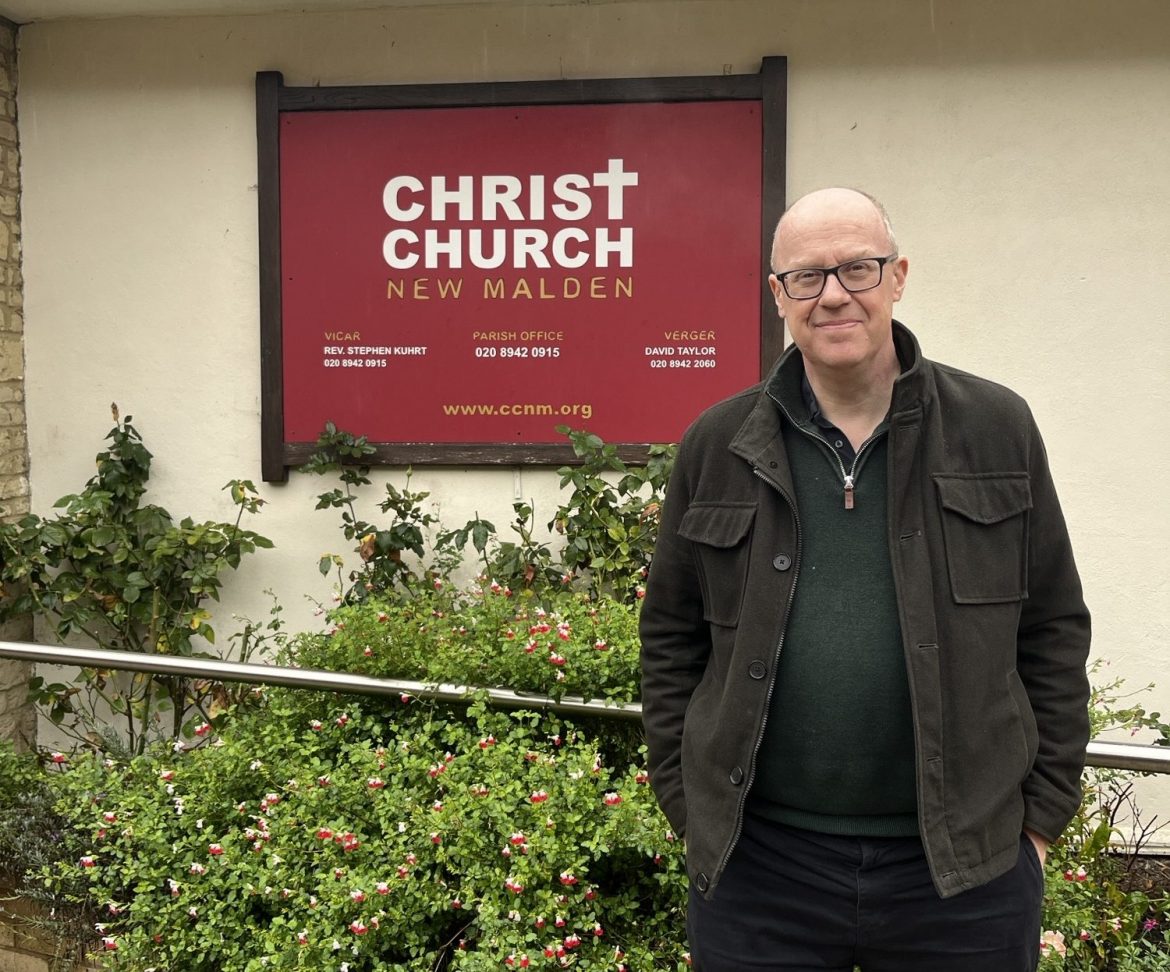Vicar of Christ Church in New Malden says the Church of England is failing victims of sexual abuse
A Kingston vicar has said the Church of England (CofE) should split from the British state amid the ongoing child abuse scandal which has engulfed the institution.
Stephen Kuhrt, who presides over Christ Church in New Malden, told the Kingston Courier the scandal showed the CofE was putting itself before victims of abuse and called for sweeping reforms to address what he described as “horrific” institutional failures.
“Every part of the culture of the Church of England to a greater or lesser extent has got blood on its hands,” Kuhrt said. “If you’re not caring for the most vulnerable… then the church might as well pack up.”
Kuhrt added that this was a watershed moment for the church and is both a crisis and an opportunity for reform. An outspoken advocate for improving safeguarding, Kuhrt has long argued that the Church’s failures are rooted not just in policies or procedures but in its very culture.
“Culture eats strategy for breakfast,” Kuhrt said, adding that meaningful reform requires nothing less than a complete cultural overhaul – one that prioritises the safety of the vulnerable over the preservation of the institution.
The Archbishop of Canterbury Justin Welby resigned last month over the Smyth Report, a damning investigation into decades of child abuse by a prominent Church volunteer John Smyth. Welby’s resignation sent shockwaves through the Church of England, exposing deep fractures within its leadership.

“The Church is never more appalling than when it puts itself first”
Stephen Kuhrt has spent the last 17 years as vicar of Christ Church in New Malden, a leafy parish in Kingston.
Known for his outspokenness and commitment to reform, Kuhrt has become a leading voice on safeguarding issues within the CofE.
“The Church is never more appalling than when it puts itself first,” Kuhrt said, adding that too often the guardians of the CofE seek to protect the reputation of the institution rather than seeking justice for victims of sexual abuse.
Before his ordination, Kuhrt spent seven years as a schoolteacher, a role that he says shaped his deep empathy for the safeguarding children. His passion for safeguarding stems from his belief that Christianity is fundamentally about standing with the powerless.

“[The Church of England] is certainly not capable of running its own safeguarding… and it doesn’t deserve to.”
In one high-profile case, Kuhrt insisted on addressing historic allegations of misconduct within his congregation, despite opposition from parishioners and colleagues.
The case eventually led to a criminal conviction, but also resulted in Kuhrt facing a six-month suspension over procedural breaches.
“I insisted it was dealt with against huge opposition because there were survivors who needed justice and vindication, to stop ongoing danger, and because truth matters,” Kuhrt said.
Kuhrt added that the very structure of the Church is overly hierarchical and resistant to accountability. Asked what accountability might look like, he stopped short of agreeing that a secular body should be put in charge of safeguarding within the CofE.
“It is certainly not capable of running its own safeguarding… and it doesn’t deserve to.” he said.

Safeguarding in the Institution: How the Culture of the Church of England Facilitates Abuse to come out in early 2025
Stephen hopes his upcoming book, which is set to be published in the first half of 2025, will shine a light on safeguarding practices in the church and lead to meaningful reform.
Safeguarding in the Institution: How the Culture of the Church of England Facilitates Abuse, examines how systemic issues within the Church enable harm and stifle accountability.
Kurht said the book will be a scathing critique of church culture, as he draws on his own experiences and those of others to highlight the systemic issues that enable abuse to flourish.
“Every part of the Church’s culture contributes to these abuses, whether consciously or not,” he said.
While he is more open than most about the institution’s failings, he remains hopeful that reform is possible. “Courage is the key,” he insists. “Without it, no other virtue really matters.”
Underneath his critique lies a deep love for the Church and what he describes as its potential to do good.
Asked whether any of this shakes his faith in his religion, not only the acts of abuse but the resistance to challenge the worst offendes at the institutional level, Kuhrt said his faith remains unshaken. He distinguishes his faith from the failures of the CofE, adding:
“The Bible is very clear that God hates nothing more than fake religion”






